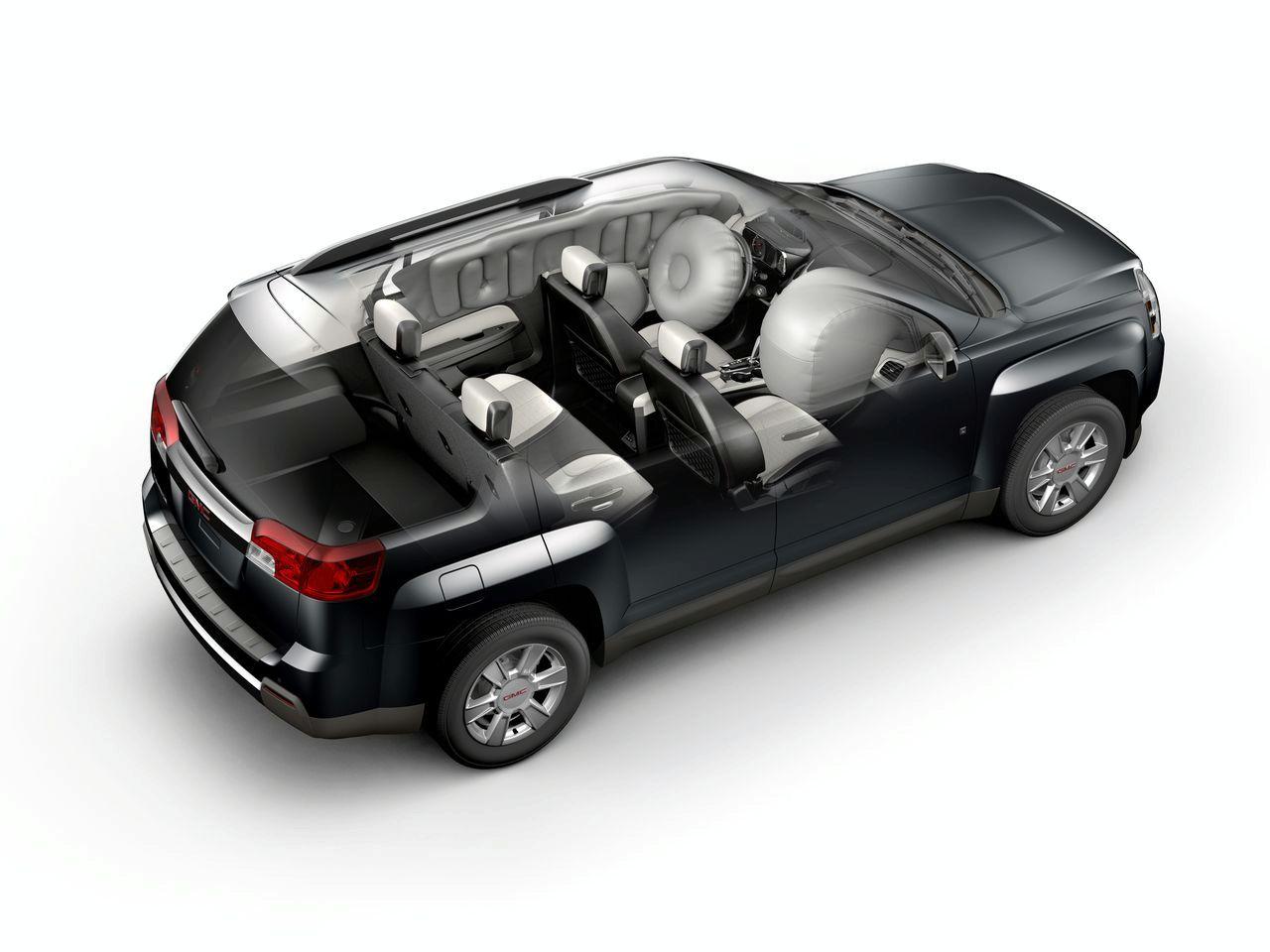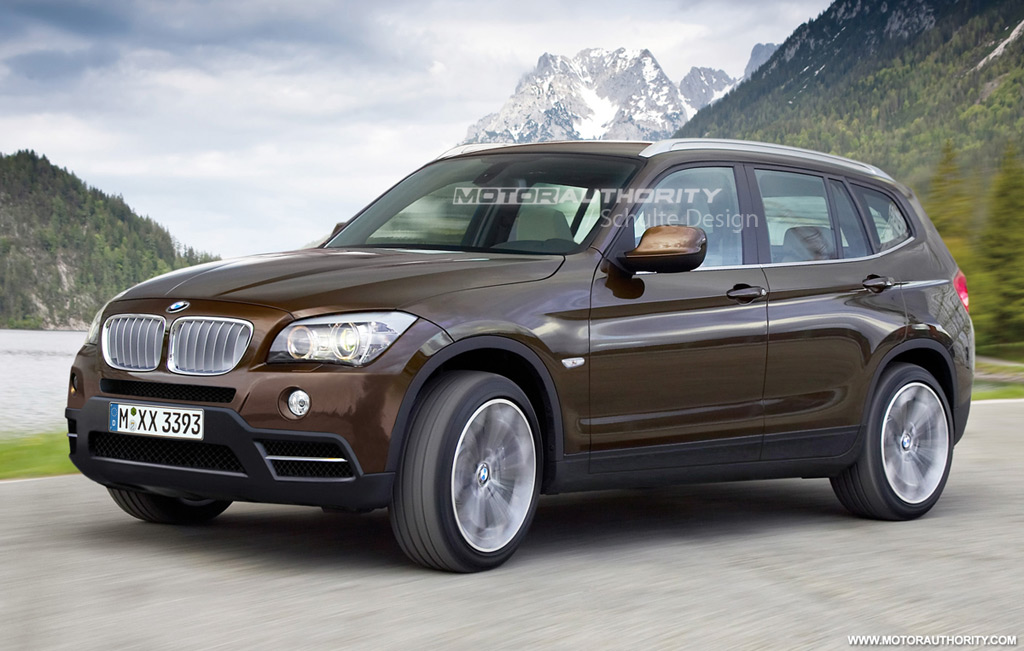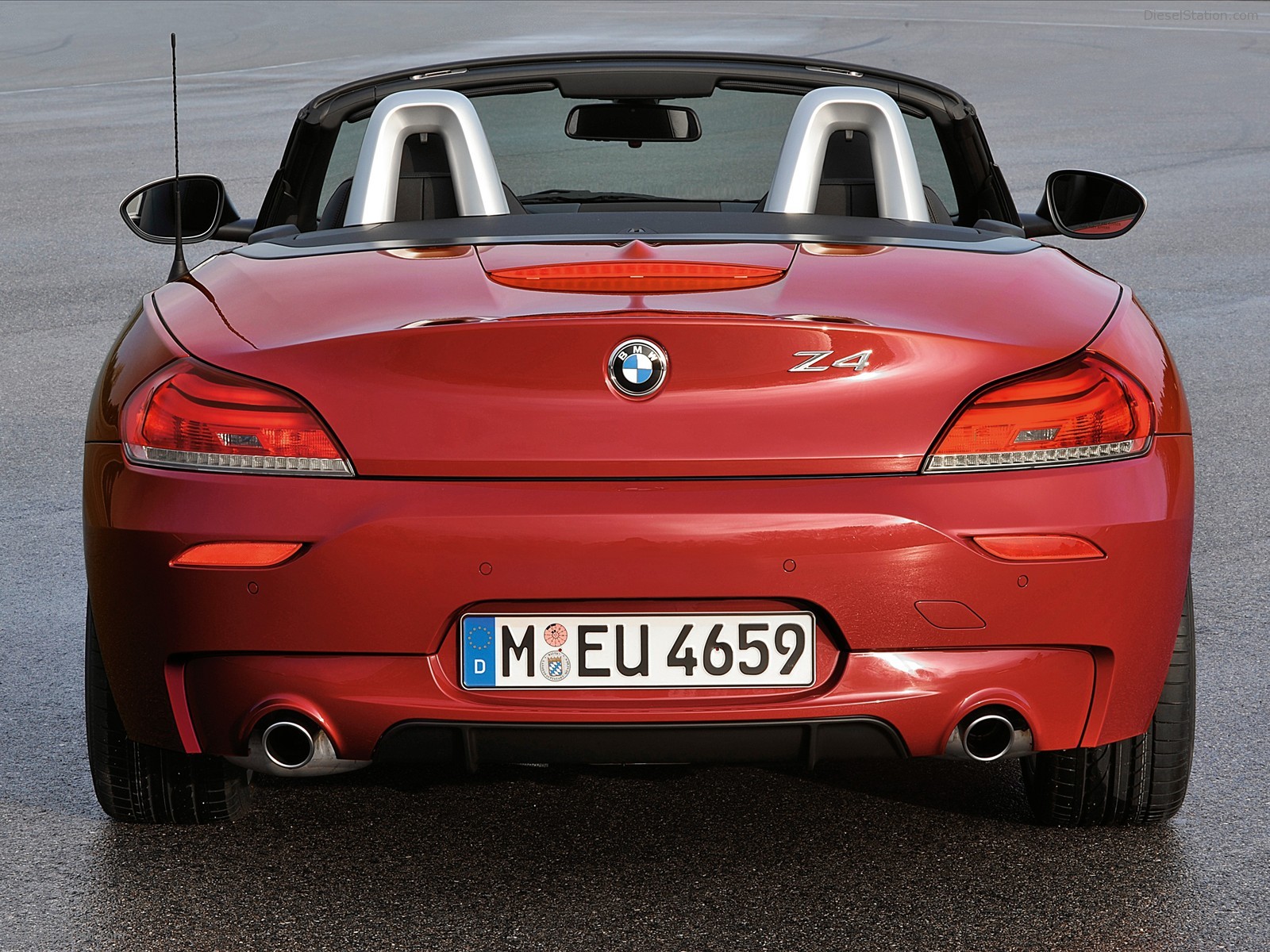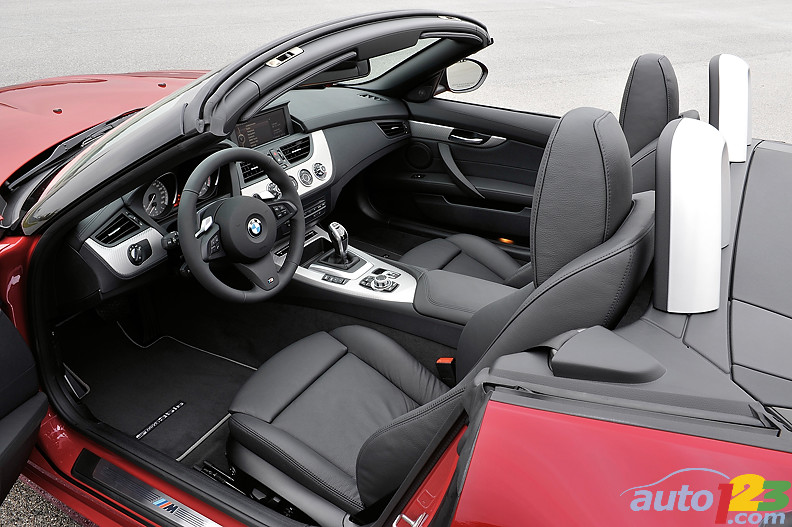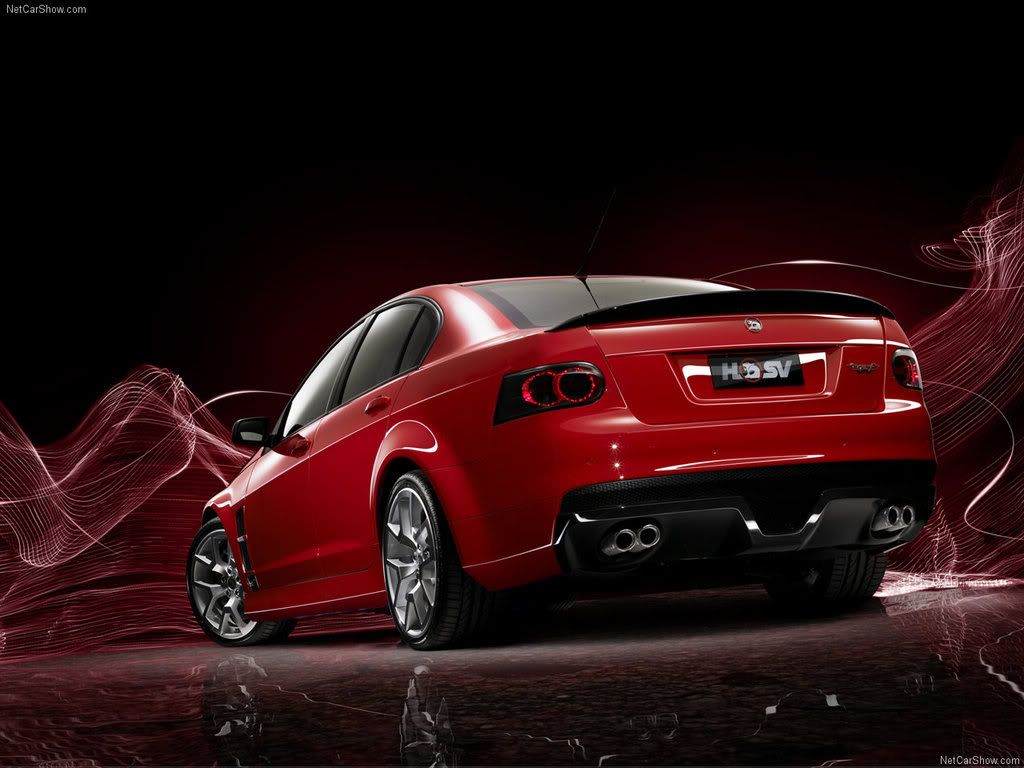Friday, April 30, 2010
Lotus Elise Pictures
Lotus Elise PicturesThe Lotus Elise is a two-seater with rear-wheel-drive mid-engine roadster conceived in early 1994 and published in September 1996 by the English manufacturer Lotus Cars. Select from the available Lotuss below to continue your research. The autoMedia buyer’s guide offers complete new car pricing, performance specs, safety equipment, fuel economy, and more.
Labels:
Lotus Elise Pictures
Thursday, April 29, 2010
The Luxury Car Mercedes-Benz SLS AMG US Version
Labels:
Mercedes-Benz
Tuesday, April 27, 2010
Monday, April 26, 2010
2010 Naomi for Haiti Lotus Evora Sports Cars
In response to the horrific natural disaster that has crippled the nation of Haiti, Naomi Campbell together with Lotus Cars will be auctioning eight special edition "Naomi for Haiti" Lotus Evora sports cars, with the proceeds from the auction going to help the relief effort in Haiti on 12th of January 2010.

2010 Naomi for Haiti Lotus Evora Sports Cars
The Lotus Evora Naomi for Haiti has to be one of the most expensive special edition ever to come out of the company's plant. The firs two Lotus Evora Naomi for Haiti units have been auctioned for more than 300,000 GBP each at The Fashion For Relief Event. The first Lotus Evora Naomi for Haiti was bought by Naomi Campbell’s boyfriend, Vladimir Doronin for no less than 320,000 GBP.

The remaining five Lotus Evora Naomi for Haiti will be auctioned starting from today on the supermodel's website at www.naomiforhaiti.com. The highest bidders and the new owners of the remaining five Lotus Evora Naomi for Haiti cars will be announced at the Lotus press conference on the 2nd of March at the Geneva Motorshow.

The Lotus Evora is a very desirable, multi-award winning, high performance, mid-engined sports car that presents a fantastic piece of design to bid on. The “Naomi for Haiti” Evora sports car has been specially designed by Lotus Design Director Donato Coco and reflects Naomi’s design direction. The bespoke styling combines the flag of Haiti with a dramatic colour scheme and the cars include a full range of options, meaning these cars will all become desirable collectors items.

The “Naomi for Haiti” Evoras will be auctioned at Naomi Campbell's Fashion for Relief TM charity fashion show on the 18th of February at the London Fashion Week venue at Somerset House. The remaining “Naomi for Haiti” Evoras will be entered into an auction run on the “Naomi for Haiti” website Charity Auction - Naomi For Haiti and bidding will commence at 0800 GMT on the 19th of February and will end at 1200 noon GMT on 28th of February 2010.

According to Naomi, Lotus Cars has been Fashion for Relief’s biggest supporter and has been instrumental in helping us to raise crucial funds for The White Ribbon Alliance and its partners in Haiti. Still according to her, to have Lotus on board supporting Fashion for Relief is very important to Sarah Brown, myself and everyone at The White Ribbon Alliance and we are truly very grateful.

Naomi Campbell says, "I am deeply saddened by the recent tragedy in Haiti. So many have been killed and severely affected by the earthquake - women and children in particular are most vulnerable in disasters. Fashion is universal, personal and touches everyone. I am delighted that Lotus Cars is supporting my Fashion for Relief TM charity and I am sure with such generous help we will raise crucial funds to help save the lives of women and children."

Lotus CEO, Dany Bahar said “It was a great pleasure for Lotus to work with Naomi and the White Ribbon Alliance for this excellent cause and we are delighted that by working with Naomi, our suppliers and the generosity of the bidders, we have been able to raise such a significant sum of money to help those in need during this difficult time.”

It was announced on March 11, 2010 at the 80th Geneva Motor Show that the eight special editions of the Lotus Evora Naomi for Haiti have achieved in excess of €1.4m at auction.
Labels:
2010,
Lotus,
Sports Car
2009 Audi Sports Car roadster/coupe TT-RS
Although the 2009 Audi TT has improved greatly on previous models in terms of general fun-factory and handling, enthusiasts still don't place it in the same league as the M Coupes, Boxter/Caymans and S2000s of the world. The S line model, which debuted in 2008, served up a big helping of improvements, but Audi fans still wanted more.

2009 Audi TT-RS
Audi is once again producing a five-cylinder engine – and a very special one at that. Arriving at dealerships this summer, the TT RS has a turbocharged 2.5-liter engine with direct gasoline injection; it produces 250 kW (340 bhp) and 450 Nm (331.90 lb.-ft.) of torque. The blazing five-cylinder engine enables the TT RS to perform extraordinary feats. In conjunction with quattro permanent all-wheel drive and a high-performance chassis, the engine makes the compact Audi TT RS a top-notch sports car – available as a coupé or roadster.

Sporty five-cylinder gasoline engines have a long legacy at Audi. The most famous is arguably the turbocharged 2.1-liter engine in the Audi quattro. The first version, which was launched in 1980, offered an impressive 147 kW (200 bhp). And the Sport quattro from 1984, directly inspired by motorsport, delivered a whopping 225 kW (306 bhp). For 25 years, turbochargers and quattro have been a dynamic formula for success.

Audi has resumed using this recipe. Designed from scratch, the five-cylinder engine combines a turbocharger with FSI direct gasoline injection to elevate the TT RS to a high-performance sports car. The TFSI delivers 250 kW (340 bhp) from a displacement of 2,480 cc (151.34 cu in): a specific output of 100.8 kW (137.1 bhp) per liter.

The power-to-weight ratio is also outstanding. In the case of the Coupé, which weighs in at a mere 1,450 kilograms (3,196.70 pounds), the power-to-weight ratio is just 4.3 kilograms per bhp.
The TT RS Coupé rockets from 0 to 100 km/h (0 to 62.14 mph) in 4.6 seconds; the Roadster needs just a tenth of a second longer. The limited top speed of 250 km/h (155.34 mph) is merely the official figure for both versions; as an option, Audi can increase it to 280 km/h (173.98 mph).

Almost even more impressive is the aggressive pulling power. The maximum torque of 450 Nm (331.90 lb.-ft.) is always available between 1,600 and 5,300 rpm. In addition, the TT RS overtakes without the slightest effort. Last but not least, its engine makes passengers’ skin tingle time and again thanks to its speedy and powerful response, its inspiring free-revving character, and its unmistakably guttural tailpipes: five-cylinder classical music by Audi!

As an uncompromising sports-car engine, the 2.5-liter TFSI is ultra-compact. Just 49 centimeters (19.29 inches) in length, it is ideally suited for transverse installation in the TT RS. And its weight of just 183 kilograms (403.45 pounds) also sets a record. The crankcase is made of vermicular-graphite cast iron. This high-tech material unites the utmost in strength with low weight; it has otherwise only been used for the large TDI engines from Audi. Perfectly placed reinforcements enhance the block’s loadability. The lightweight cylinder head, the pistons, and the connecting rod are lightweight as well as high-strength.

The ultra-powerful five-cylinder engine is extremely fuel-efficient, requiring an average of just 9.2 liters/100 km [25.57 mpg] as regards the Coupé (Roadster: 9.5 l/100 km [24.76 mpg]). Switchable flaps in the intake manifold mix the incoming air in a calculated configuration. Injected at a pressure as high as 120 bar by the common-rail system, the gasoline swirls intensely in the combustion chamber – which in turn cools the walls. This subsequently facilitates a compression ratio of 10.0:1, which is very high for a turbocharged engine. Both of the adjustable camshafts, controlled via chains, also enhance charging efficiency with respect to the air-fuel mixture.

Labels:
2009,
Audi,
Sports Car
Fisker Karma (2010) Plug-in Hybrid Sports Sedan
At the 2010 Geneva Motor Show, Fisker Automotive are set to reveal their advanced aluminium space frame which is to feature in the stunning Fisker Karma plug-in hybrid electric sports sedan. The Fisker Karma, the world’s first premium plug-in hybrid electric vehicle, will make its Chicago debut at the Chicago Auto Show February 12-21. With the Karma, American automaker Fisker Automotive (www.fiskerautomotive.com) proves that with eco-friendly cars you can enjoy beautiful, distinctive design and thrilling performance with a clear conscience.

Fisker Karma (2010) Plug-in Hybrid
2010 Fisker Karma Preview – 2008 Detroit Auto Show: Just this morning we attended a press conference held by a well-known Italian luxury car company, one that sells fewer than 10,000 cars annually and employs executives who tout the brand’s exclusivity. Maybe they haven’t heard about Fisker Automotive, and in particular, the 2010 Fisker Karma plug-in hybrid.

Despite a projected annual production run of approximately 15,000 units, the Karma comes much closer to the true definition of exclusive thanks the plug-in’s first-to-market status, relatively affordable $80,000 base price, lithium ion battery technology, full-electric range of 50 miles, and a gas/electric fuel economy rating of 100 mpg. That kind of exclusivity will be available from Fisker in late 2009.

The 403hp, four-door Karma plug-in hybrid can go zero to 60mph in six seconds and has a top speed of 125mph, but it can still achieve an annual average of more than 100mpg and drive tailpipe-emission free. Features include a sculpted body, 22-inch wheels, trunk space for two sets of golf clubs, a 10.2-inch haptic touchscreen control center, reclaimed wood trim and an available animal-free interior trim package.

"Our top priorities when we designed the Karma's aluminium space frame were that it have extremely high torsional rigidity and could be easily modified to accept Karma model variants," explained Henrik Fisker, CEO, Fisker Automotive. "We benchmarked some of the world's best cars to create an all-new space frame that will deliver an exhilarating experience behind the wheel." A super-structural tunnel running down the car's centerline acts as the Karma's backbone. The spaceframe is designed around the car's unique Q-DRIVE series-hybrid powertrain.

Behind the rear-drive Karma’s taut skin is a lightweight chassis that places the battery pack in the vehicle’s center to enhance driving dynamics and safety. Fisker says its plug-in hybrid sports sedan will hit 60 mph in 5.8 seconds and travel up to 50 miles on electric power alone; with a supplemental four-cylinder gasoline engine that powers a large generator, its range will extend to 620 miles while returning 100 mpg. When plugged into a 110-volt household outlet, the Karma fully recharges in eight hours, using a 220-volt outlet will get the job done in three hours, and a solar roof panel aids with trickle charging while the Karma is parked.

The Karma is a series Plug-in Hybrid Electric Vehicle (PHEV) powered by a lithium-ion battery and an efficient 2.0-liter range-extending gas engine. The engine only turns a generator, which sends electricity to two electric traction motors attached to the rear differential. The Karma has a 300-mile range with a full battery charge and a full tank of gas. The first 50 miles are electric-only and emission free.

The battery can be recharged in less than six hours using the same 220v household current that powers some major appliances. The Karma can also be charged using standard 110v power from any electrical outlet.

Fisker Automotive’s first car is the Fisker Karma, the world’s first production Plug-in Hybrid Electric Vehicle (PHEV). The four-door Karma will be followed by two variants and a second line of lower cost, high volume premium green automobiles by 2012.
Labels:
2010,
Electric Car,
Hybrid Car,
Sports Car
Subscribe to:
Comments (Atom)









